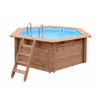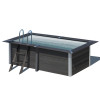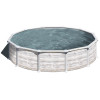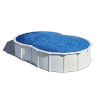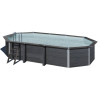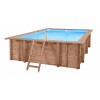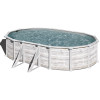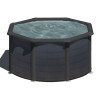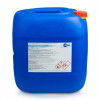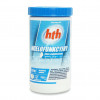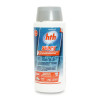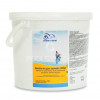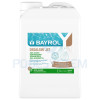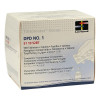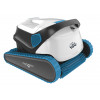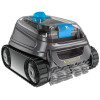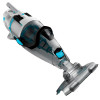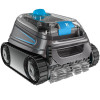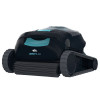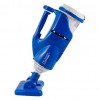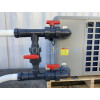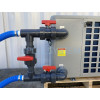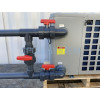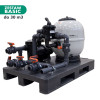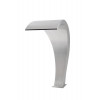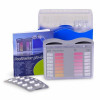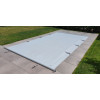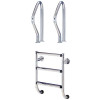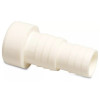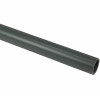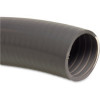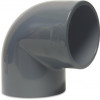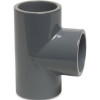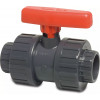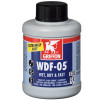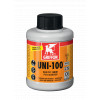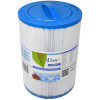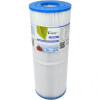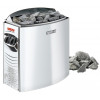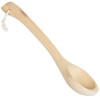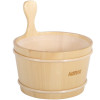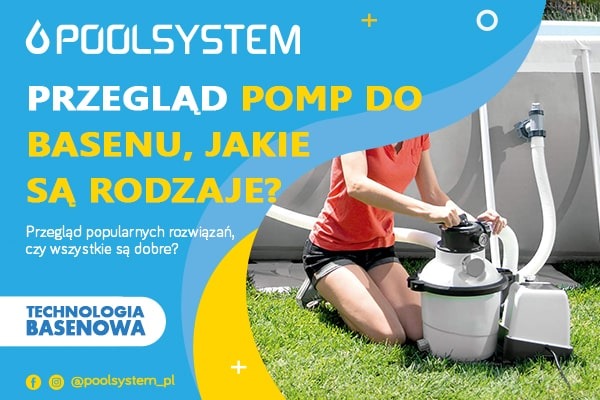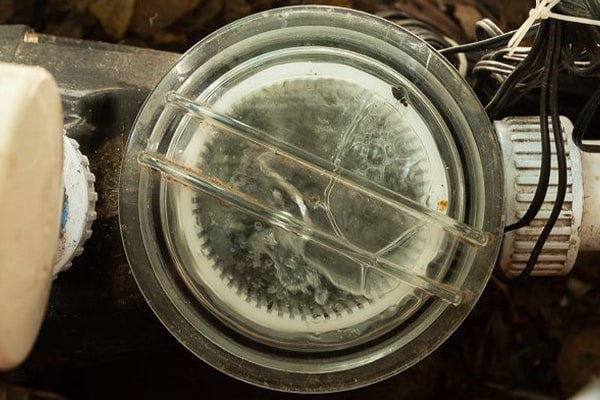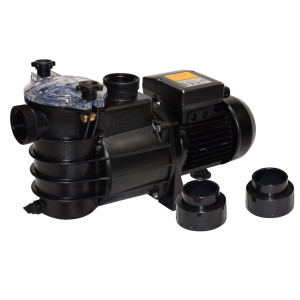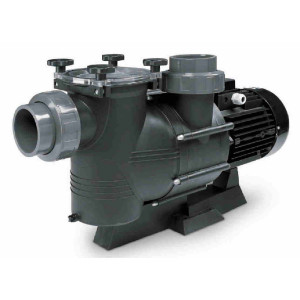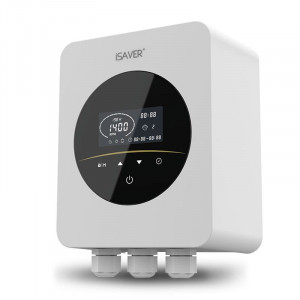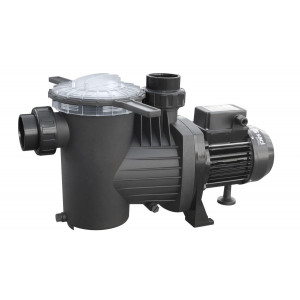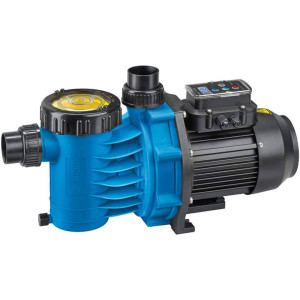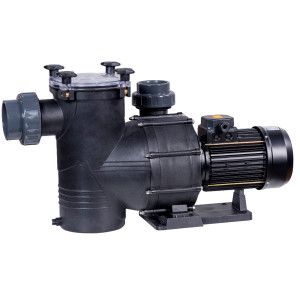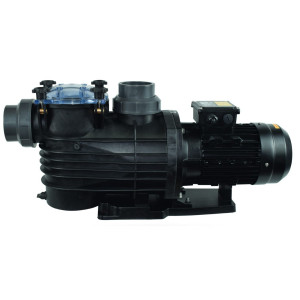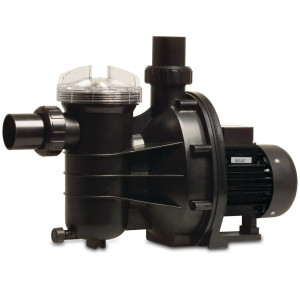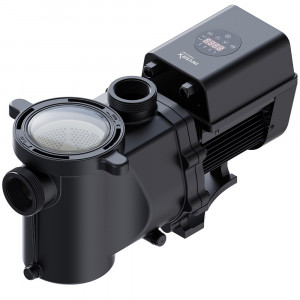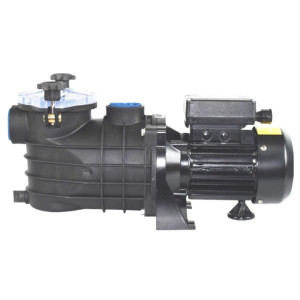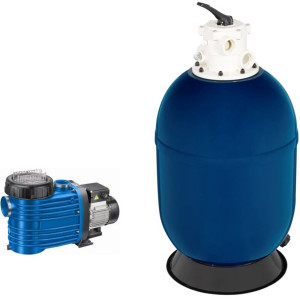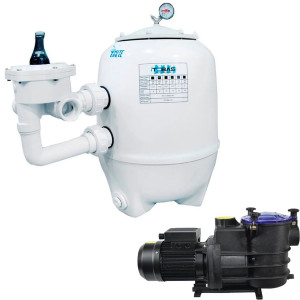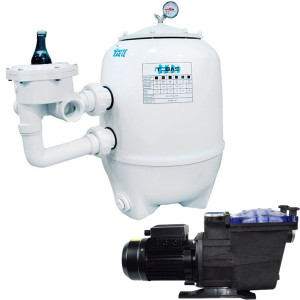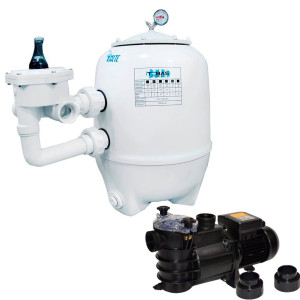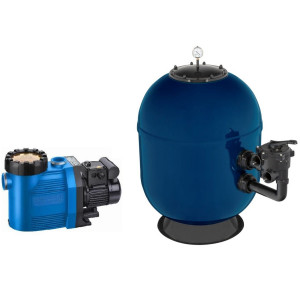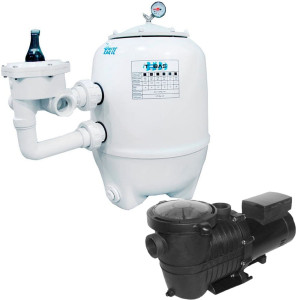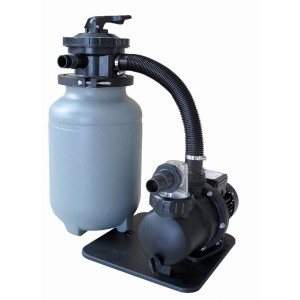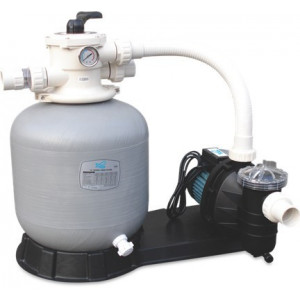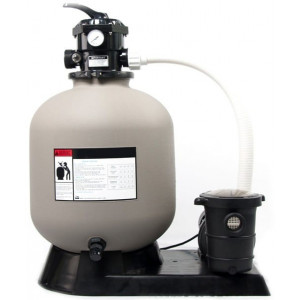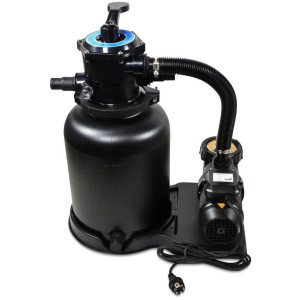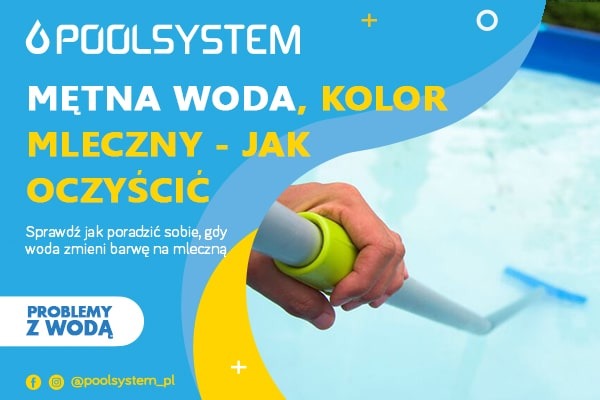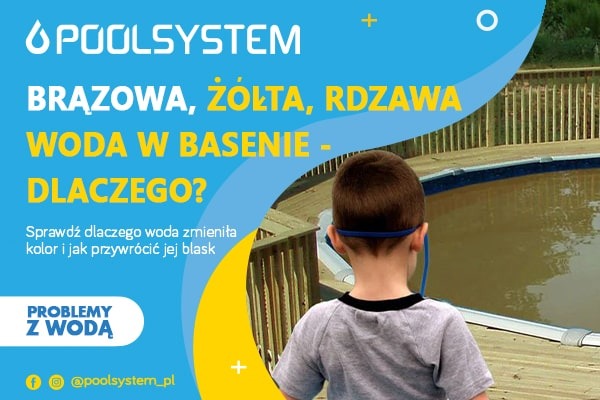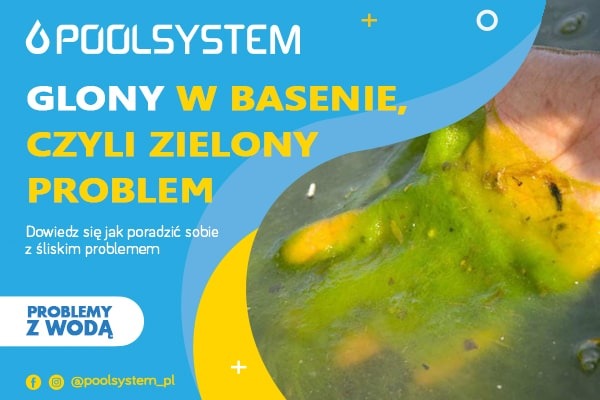- Pool Technology
- 5 likes
- 70658 views
It is said jokingly that electrical appliances work better when plugged in. However, there are times when, despite plugging in, we come to the conclusion that something is wrong. The high-quality products offered by our shop allow years of trouble-free operation. However, there are times when a pump refuses to cooperate. After years of experience working with pool servicing, we have noticed that a large proportion of faults recur and do not always mean buying a new pump due to the lack of repair options.
- High-quality equipment allows years of trouble-free operation
- Air in the pump indicates a leak in the system or a low water level
- Most failures are caused by dirt in the pump and filter
- Sand ejected by the inflow nozzles into the water is caused by filter damage
Related articles
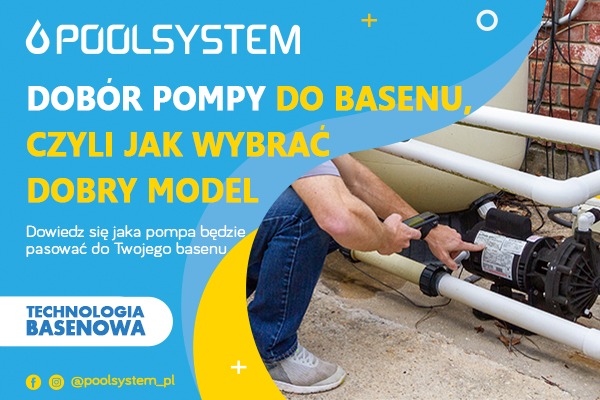
Choosing a pool pump, or how to choose a good model
There are many manufacturers on the market offering swimming pool pumps. They compete in colours, shapes and advertising slogans. It's easy to get lost in all this and ask yourself which pump to choose. The answer is very simple - the right one.
Read moreThe pool pump is noisy
Another fault that customers complain about is the noisy operation of the pump. There can be several reasons for this, the most prosaic being the ground on which the pump is placed. Sometimes the operation of the motor causes it to resonate, which results in noisy operation. It is best to place the pump on an insulating pad made of rubber or cork.
It is also worth cleaning the filter. When the filter is heavily soiled, the pump is less efficient and "tires", which can make it run noisier. Dirt may also be trapped in the pump housing. This should be unscrewed and cleaned together with the impeller.
In the worst case scenario, we could be dealing with worn bearings that are slowly seizing up and causing noisy operation. These need to be replaced as they can completely damage the pump. This is the most costly repair and should be carried out by a professional service.
See all products in our shop from the pool pump category
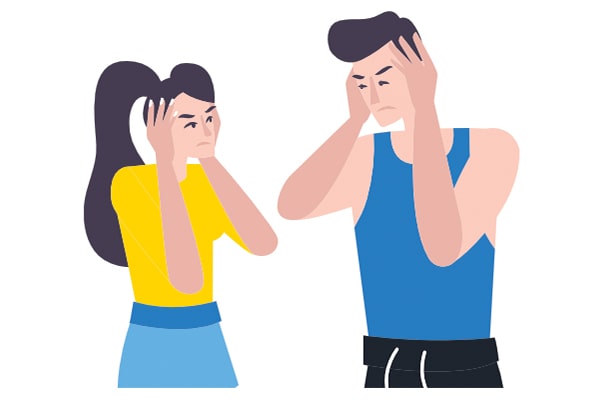
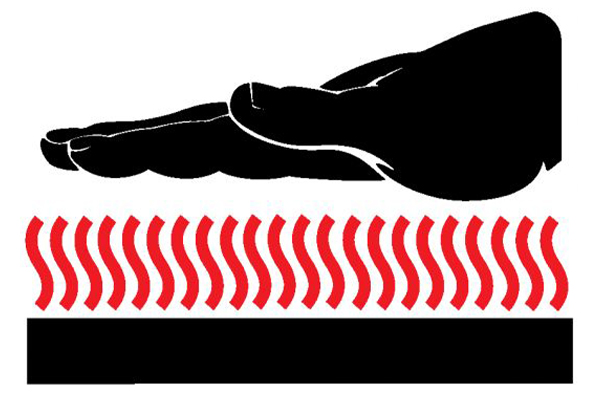
The pool pump is heating up
Heating of the pool pump often correlates with worn bearings. Increased friction increases the temperature and causes the motor to overheat. Their service life is expected to be at least two years, with top manufacturers reaching 10 years. However, a factory defect can always occur.
Prolonged operation on worn components can lead to the complete destruction of the unit. The pumps are designed to operate 24 hours a day and, even with prolonged operation, should not be hot.
A fan is mounted at the rear of the motor. It is responsible for cooling the motor. Take a look to make sure it is working properly. It is covered by a housing, unscrew it and check that the fan is spinning. Remember that the housing can also get hot from sunlight. Secure the pump so that it does not overheat.
Useful products
The pool pump does not filter
If the pump has suddenly stopped filtering water, start by cleaning the filter and use a backwash. It is worth checking the condition of the filter bed. Sometimes the sand in the filter becomes too compacted, so that it blocks the water flow.
Another cause can be a dirty or clogged prefilter in the pump. This should be removed and cleaned. Leaves or other large debris that have been floating in our pool can get into it. A rare but not impossible cause may be a blocked impeller. Rip open the housing and look to see if anything is blocking its blades. This could be a leaf, tangled hair or other debris.
Lack of filtration can also be caused - as in the case of a blocked pump - by a leak in the system. Tighten all caps, check the hose for holes or damage. You should also check the water level in your pool.
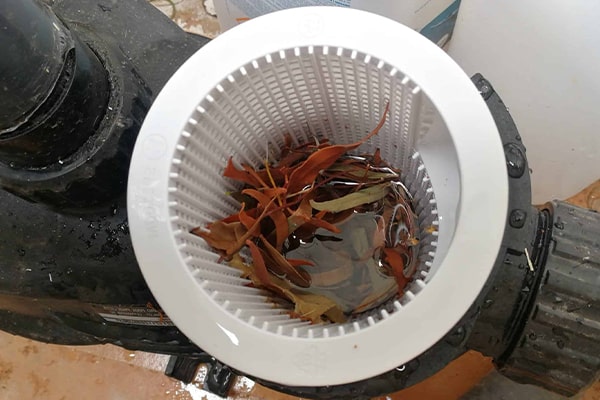
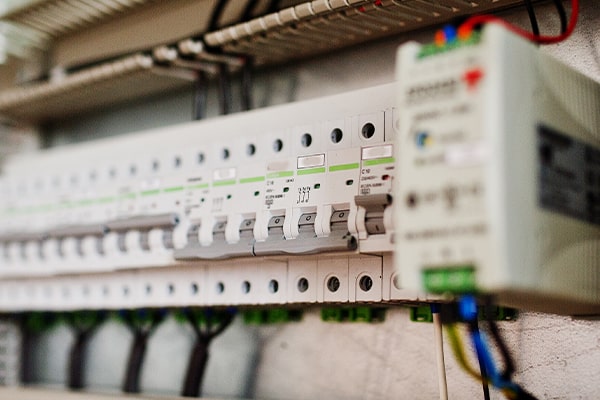
The pool pump switches off
The pump switching off is probably a problem with the power supply. Check that the whole system is connected correctly on the electrical side and that no short circuit is being made on the system. Check the condition of the power cable to see if it has been "broken" at any point.
Pumps are fitted with a safety switch. This can also switch it off. The fuse activates when a fault could damage the unit. If you are dealing with a 400 V pump, it is worth checking that the circuit breaker is set for this voltage.
Check that moving parts can move freely. A blockage in any of the components can cause the pump to shut down in an emergency. Unscrew the housing and try to move the pump fan, impeller to determine if there is too much resistance.
Expert Advises!
If you are inexperienced in electrical work, do not try anything on your own, lest you get electrocuted. It is better to have the controls checked by a service technician who will check and repair the cause of the fault.

Pool pump dumps sand
What if the filter pump, instead of cleaning our pool, pollutes it by throwing up sand? This happens often, and the cause is very simple - the filter cross is probably damaged. This is the element at the bottom of the filter responsible for collecting the filtered water. It can be easily replaced. The second cause could be a damaged 6-way valve. Here, too, you can buy parts without having to replace the whole thing.
Remember: If your pump is still under warranty, do not try to repair it on your own. Have it serviced under warranty. A mishandled repair can lead to damage to the pump and electric shock.
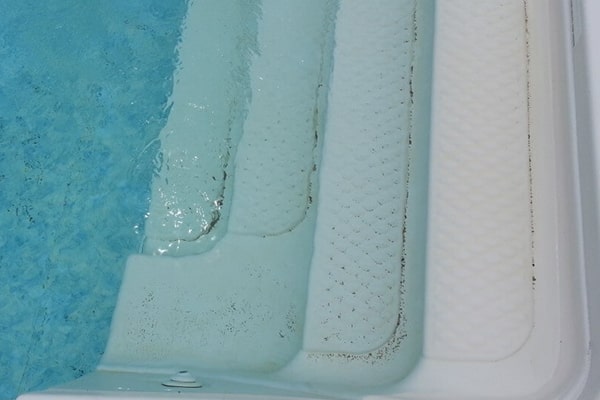
It all depends on the model and build quality. We know from experience that good quality pool pumps can last up to 10 years.
Usually, manufacturers provide a list of spare parts in the instruction manual. If you do not have one, you should look on the manufacturer's website. They usually provide a digital version of the manual.
It all depends on the situation. When the pump has died after 7-8 years, it is worth considering the purchase of a new one, after all, this one has already passed its life. When the device is "younger" and the repair is not expensive, it is better to replace the damaged component.
FAQ - Questions and answers
Ask a POOLSYSTEM.PL specialist

Tomasz Tomkowicz
Pool Technology Specialist
Thank you for reading our article, if you have more questions or need more specialized help - write to me using the form.
Look for answers in our knowledge base
Jestem bardzo zadowolona z usług tej firmy. Każdy nam odmawiał pomocy, nawet firma montująca basen. Pool system zjawił się i doprowadził basen sprzed paru lat do stanu używalności, co więcej dokonał napraw uszczelniających co spowodowało ze basen stał się w pełni sprawny. Naprawdę polecam !

Bardzo miła i sympatyczna obsługa oraz fachowe doradztwo techniczne.

Bardzo profesjonalna i cierpliwa obsługa. Odbierają telefony, wszystko dokładnie wytłumaczą, wysyłają praktycznie na drugi dzień każdą część którą potrzebuje klient. Pan Krzysztof z serwisu rzetelnie podpowie co zrobić i jak rozwiązać swój basenowy problem, jeśli chcemy majstrować przy basenie sami. Pan Paweł i Marcin też skarbnica wiedzy technologii basenowej. Dobre ceny. Polecam firmę i pozdrawiam zespół POOLSYSTEM

Jak budujesz basen to to miejsce jest dla ciebie, osprzęt, doradztwo i miła obsługa.

Super obsługa doradzi pomoże,ceny na duży plus .Polecam

Bardzo mili ludzie, to naprawdę profesjonaliści. Nie lubię zakupów, ale spotkanie z Nimi było bardzo przyjemne.






